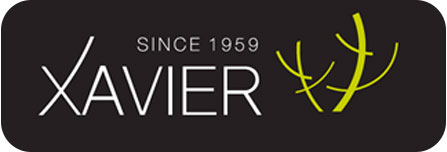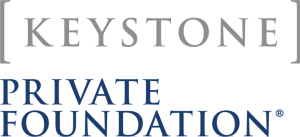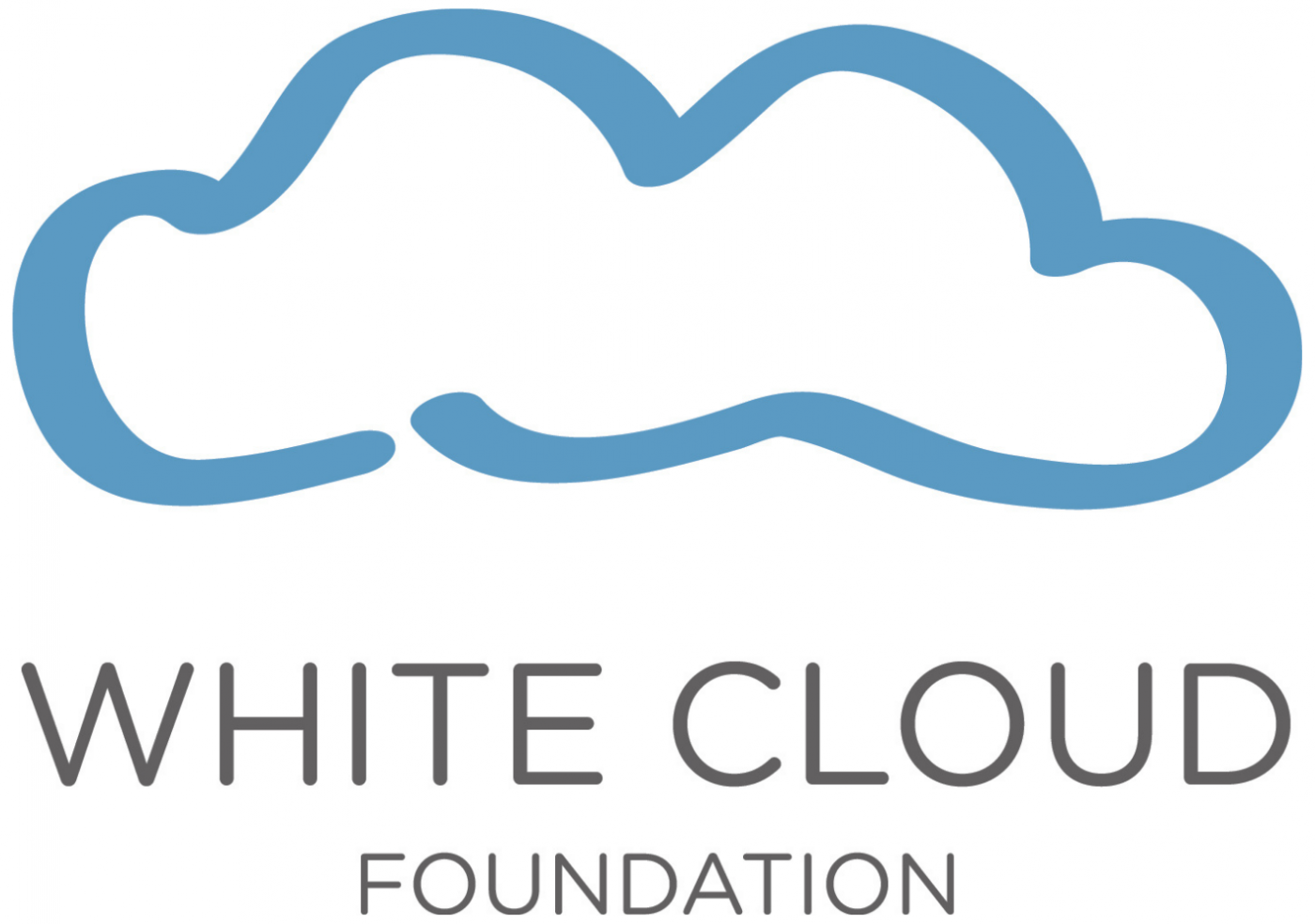
Keystone Private Advisory’s core focus is strategic oversight of all the specialist accounting and business advisory areas our clients require.
We are fiercely independent transparent, and act with utmost confidentiality and integrity.
Keystone Private Advisory has been part of the Keystone Private Multi-Family Office group established in 2004 by David Jackson.

Business Advisory

Finance as a Service

Self-Managed Super Funds
In September 2022, Keystone Private Advisory purchased Encore Accounting Services.
In October 2023, Encore was integrated into the Keystone Private Advisory business, and Encore’s team joined the business in its Eagle Street premises.
Latest News/Insights
What does High Net Wealth look like in Australia?
The facts about High Net Wealth and what it means to your family.
It’s all about perspective
In every aspect of wealth management, it is important to maintain the right perspective or…
The tenth man principle.
Having recently spent a week in hospital and a further week at home recovering from…






